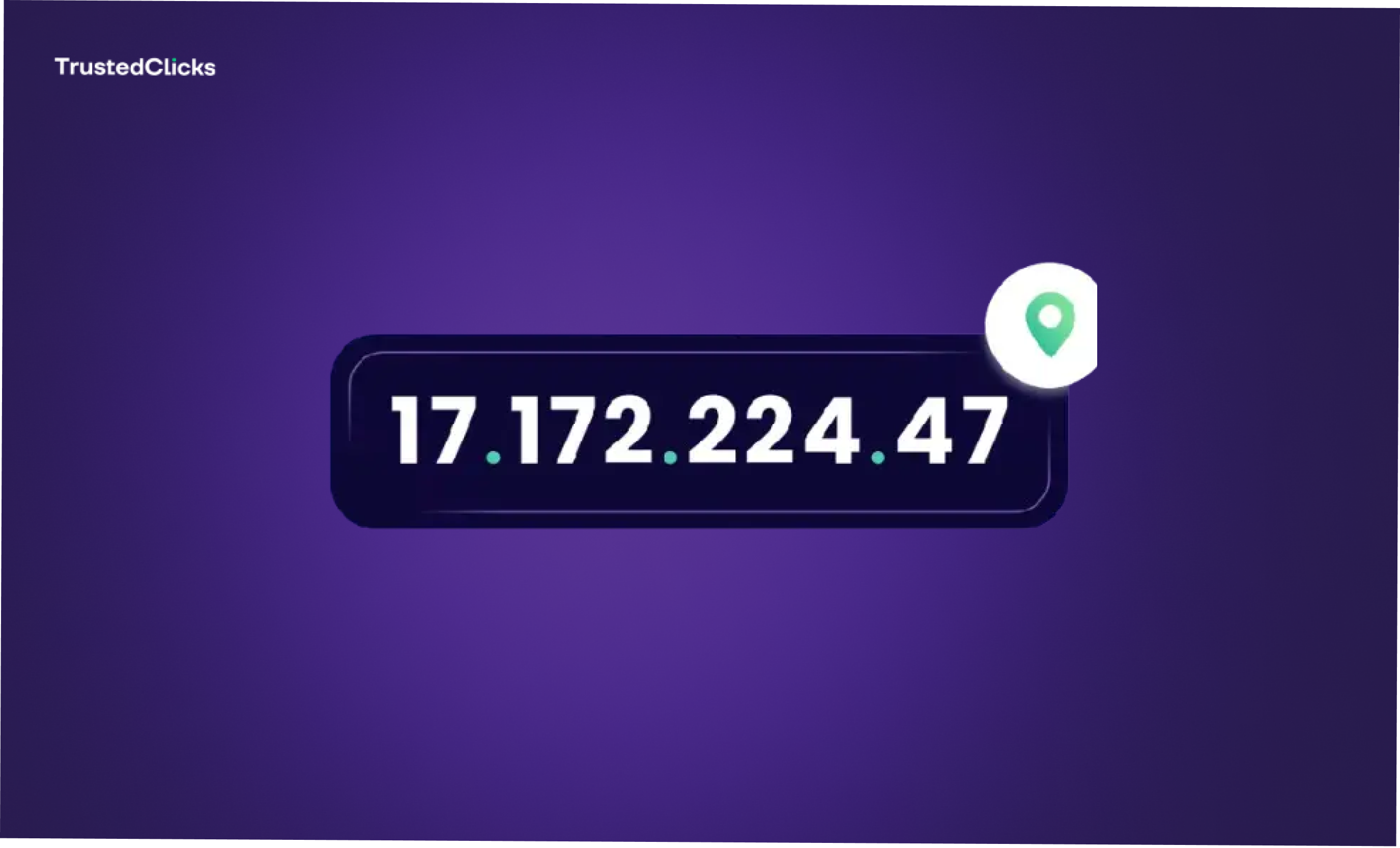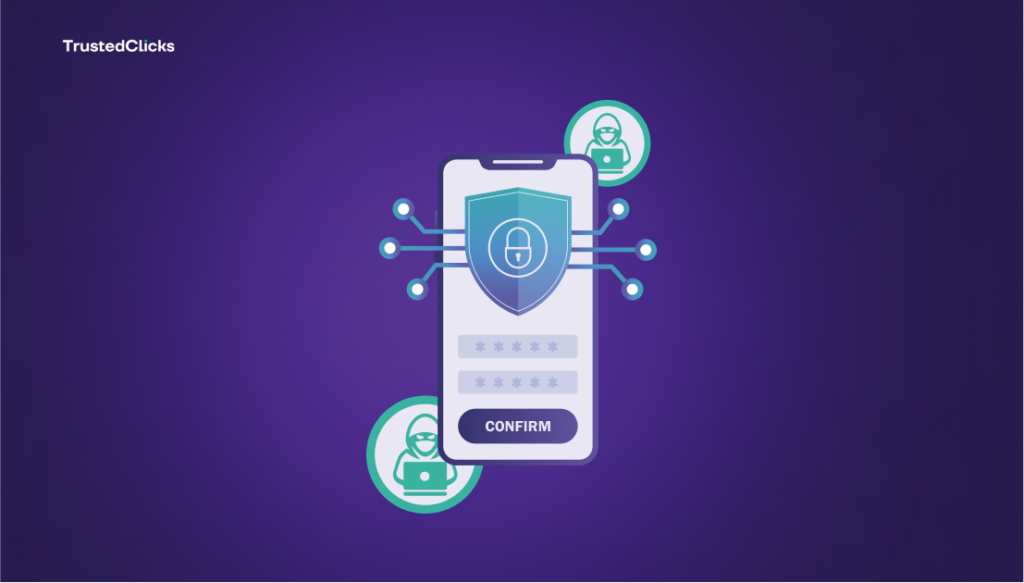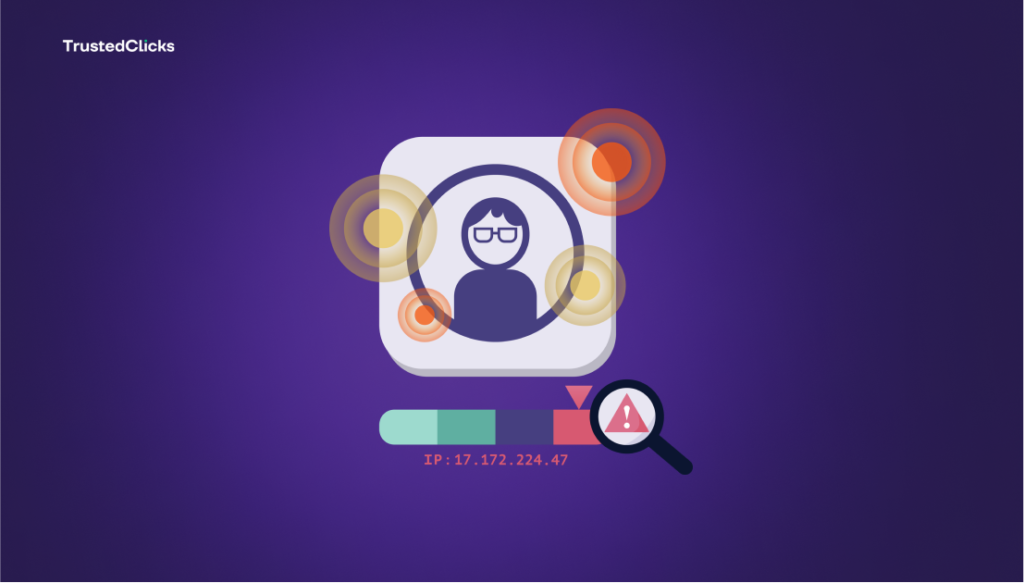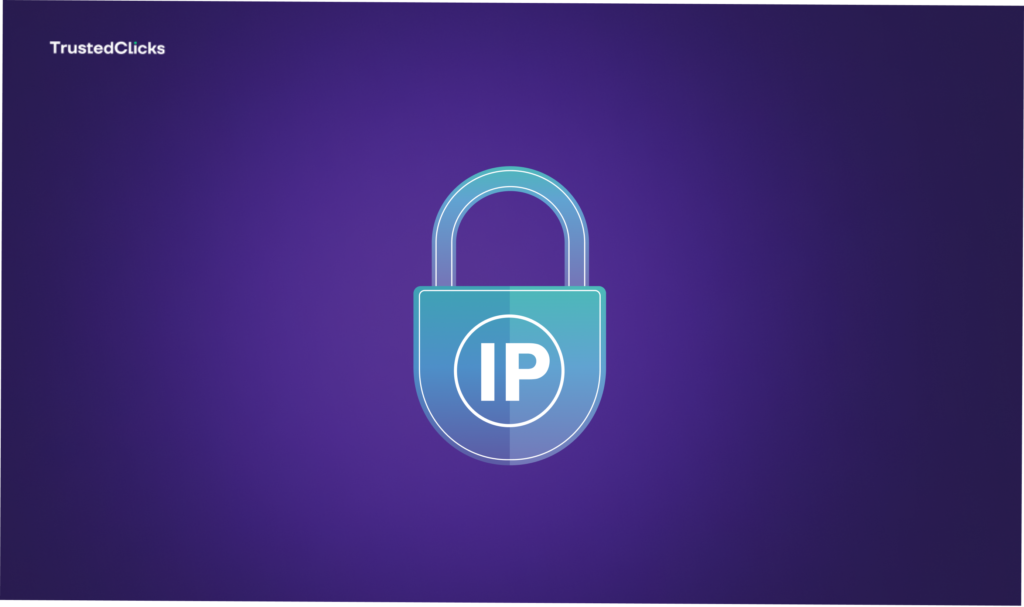- E-Commerce Security, Affiliate marketing
IP Tracking As The Backbone of Digital Navigation


In today’s hyper-connected world, IP tracking is an integral part of how the internet functions. It’s a concept that lies at the intersection of technology, privacy, marketing, and cybersecurity. While often invisible to the average user, its impact is profound, influencing everything from online advertising to national security. But what exactly is IP tracking, and why does it matter?
What Is IP Tracking?
Every device connected to the internet is assigned an Internet Protocol (IP) address. This unique identifier, consisting of a series of numbers and decimals (e.g., 192.168.0.1), acts as the digital address for a device. IP tracking involves monitoring these addresses to gather information about the location, activity, and identity of users or devices.
IP addresses come in two forms:
IPv4: The traditional format (e.g., 203.0.113.1), which is limited to about 4.3 billion unique addresses.
IPv6: A newer standard designed to meet the growing demand for IP addresses, using a more complex format (e.g., 2001:0db8:85a3:0000:0000:8a2e:0370:7334).
IP tracking can reveal approximate geographic locations, determine the type of device used, and even provide insights into browsing habits when paired with other data. Businesses, governments, and individuals utilize this information for various purposes—some benign, others contentious.
Applications of IP Tracking
Online Advertising
One of the most common uses of IP tracking is in digital marketing. Advertisers use IP addresses to deliver targeted ads based on location, browsing history, and user preferences. For example, a search for “coffee shops near me” often triggers ads for local cafes.
Geotargeting allows businesses to tailor campaigns, ensuring ads reach the most relevant audience.
Website Analytics
Website owners use IP tracking to analyze visitor behavior. Tools like Google Analytics provide data on where visitors are coming from, how they navigate a site, and which content resonates most.
This information helps improve user experience and optimize content strategies.
Fraud Prevention
Financial institutions and e-commerce platforms rely on IP tracking to detect suspicious activities. For instance, a login attempt from an unusual location might trigger a security alert.
By correlating IP addresses with user accounts, companies can block fraudulent transactions or unauthorized access.
Cybersecurity
Cybersecurity professionals use IP tracking to identify and mitigate threats. When a cyberattack occurs, tracing the source IP can provide critical clues about the attacker’s origin and intent.
Tools like honeypots and intrusion detection systems often incorporate IP tracking to monitor and respond to malicious activity.
Content Distribution and Licensing
Streaming platforms like Netflix and Spotify use IP tracking to enforce content licensing agreements. Certain movies, shows, or songs may only be available in specific regions due to copyright restrictions.
This technology also powers geo-blocking, limiting access to content based on a user’s location.
Law Enforcement
Law enforcement agencies use IP tracking to investigate crimes ranging from cyber fraud to terrorism. By identifying the location of suspects through their IP addresses, authorities can coordinate raids or gather evidence.
Privacy Concerns Surrounding IP Tracking
While IP tracking offers undeniable benefits, it also raises significant privacy issues. Critics argue that it’s a form of surveillance that can erode anonymity online. Here are some key concerns:
Data Collection Without Consent
Many users are unaware that their IP addresses are being tracked and analyzed. While some websites disclose this practice in their privacy policies, others do not.
Risk of Misuse
In the wrong hands, IP tracking can lead to stalking, doxxing, or unauthorized access to sensitive information. Cybercriminals can exploit IP addresses to launch attacks, such as Distributed Denial of Service (DDoS).
Lack of Regulation
The legal landscape surrounding IP tracking varies widely across countries. In some regions, there are stringent laws protecting user privacy, while others lack comprehensive regulations.
False Sense of Anonymity
Many internet users assume they are anonymous online, not realizing that their IP address can reveal much about their identity and location.
Ethical and Legal Dimensions
The ethics of IP tracking are complex. While businesses argue that it’s essential for delivering personalized experiences, privacy advocates emphasize the need for transparency and consent.
Transparency and Consent
Ethical IP tracking requires clear communication. Websites should inform users about what data is being collected and how it will be used.
Data Protection Laws
Regulations like the General Data Protection Regulation (GDPR) in the EU mandate strict guidelines for data collection and storage. Companies must anonymize or pseudonymize IP addresses to protect user identities.
Balancing Security and Privacy
Governments and organizations face the challenge of balancing the need for security with the right to privacy. Excessive surveillance can lead to public distrust and potential abuse of power.
The Future of IP Tracking
As technology evolves, so too will IP tracking. Emerging trends include:
Enhanced Anonymity Tools
Tools like virtual private networks (VPNs), proxy servers, and the Tor network are becoming increasingly popular. These technologies mask a user’s IP address, offering greater privacy.
AI and Big Data Integration
Artificial intelligence and big data analytics are transforming IP tracking. Sophisticated algorithms can now analyze vast amounts of IP data to uncover patterns and predict user behavior.
IPv6 Adoption
With the transition to IPv6, the internet can support an almost infinite number of devices. This expansion will bring new challenges and opportunities for IP tracking.
Stronger Privacy Regulations
As public awareness grows, governments may introduce stricter regulations to protect users from invasive tracking practices.
Frequently Asked Questions
What is IP tracking?
IP tracking is the process of monitoring and analyzing the IP addresses of devices that connect to a network. Without this information, a network or a remote device receiving a connection request wouldn’t be able to establish communication with the connecting device. It not only helps facilitate connections but also plays a key role in identifying the geographical location of users, detecting potential threats, and managing traffic. In cybersecurity, IP tracking is essential for spotting suspicious behavior, such as unauthorized access attempts or bot attacks, by monitoring patterns associated with high-risk IP addresses. In digital marketing, it helps improve campaign targeting by providing insights into user demographics and engagement through geolocation data. Overall, IP tracking is a vital tool for enhancing network management, preventing cyber threats, and boosting the effectiveness of online marketing strategies.
Is IP tracking illegal?
It’s not illegal to look up someone’s IP address, as it’s public information used online, and no specific laws prohibit doing so. However, using IP tracking for harassment or cybercrimes is illegal. TrustedClicks leverages IP tracking for legitimate purposes, such as calculating IP fraud scores. This process helps identify suspicious or fraudulent activity by assessing factors like location and behavior patterns, ensuring a secure and reliable environment for online interactions without violating privacy laws.
How to check location through IP address?
To check the location using an IP address, data is collected from multiple Geo IP data providers. Simply enter the IP address, and the tool will display the location. TrustedClicks offers free location tracking for any given IP address. It instantly retrieves the city, country, and geographic coordinates (latitude and longitude) by leveraging various Geo IP databases. This quick and easy tool is widely used for tracking online activity, fraud detection, and enhancing website security by identifying the geographical origin of a visitor.
Conclusion
IP tracking is both a powerful tool and a potential risk. It underpins much of the digital economy, enabling businesses to connect with consumers, enhance security, and distribute content efficiently. However, its implications for privacy and ethics cannot be ignored.
As users, we must educate ourselves about how IP tracking works and take steps to protect our digital identities. Similarly, businesses and governments must navigate the delicate balance between innovation and ethical responsibility. In this interconnected age, the conversation about IP tracking is not just technical—it’s deeply human.
Table of Contents
Join our community!
Subscribe to our newsletter for the latest updates, exclusive content, and more. Don’t miss out—sign up today!
Recent Posts

The Hidden Impact of Click Fraud on Marketing Analytics and ROI
- 4 mins read

How to Safeguard Your E-Commerce Business from Online Fraud
- 4 mins read

How Hackers Use IP Fraud to Breach Networks and Steal Data
- 5 mins read



